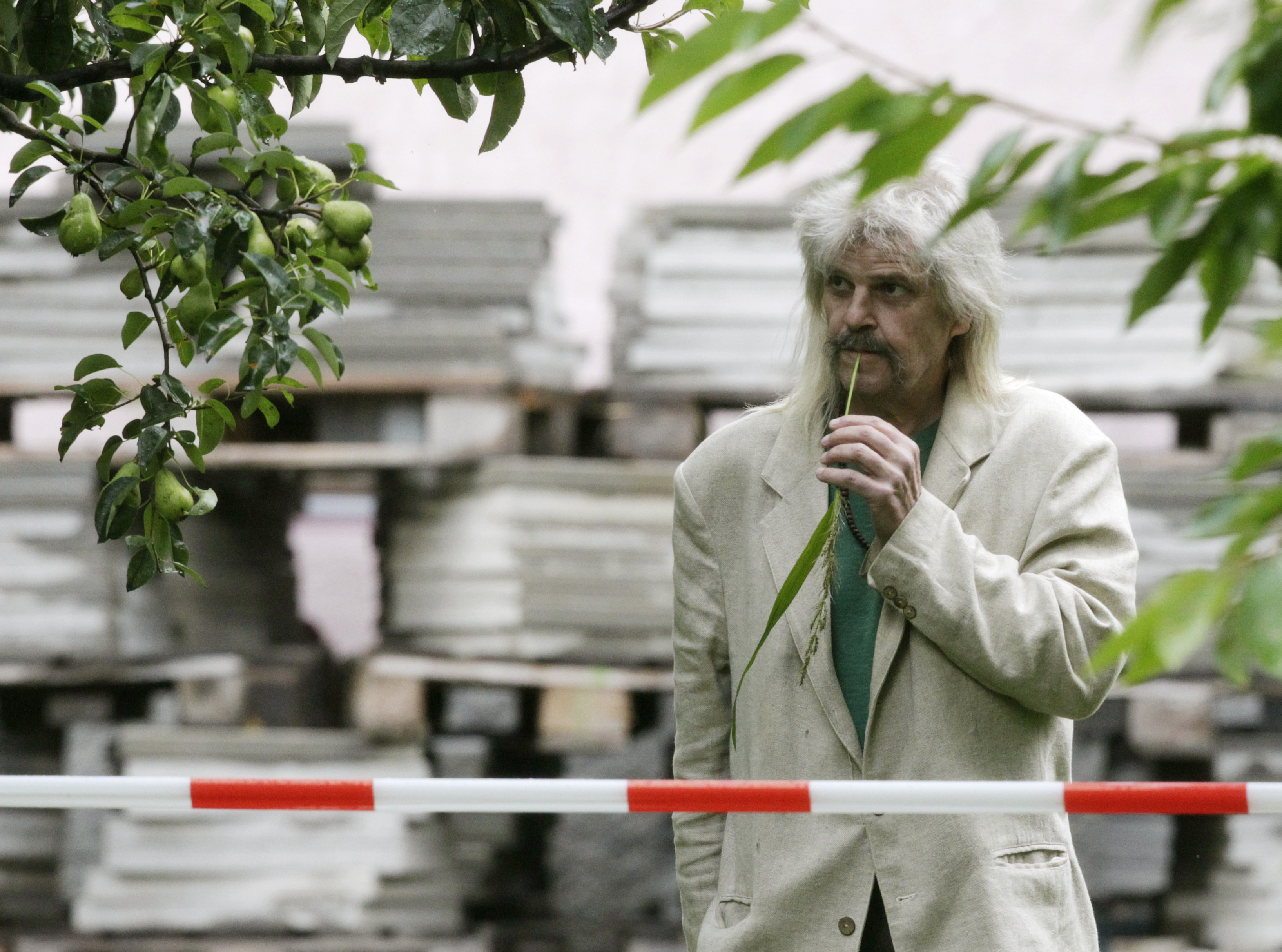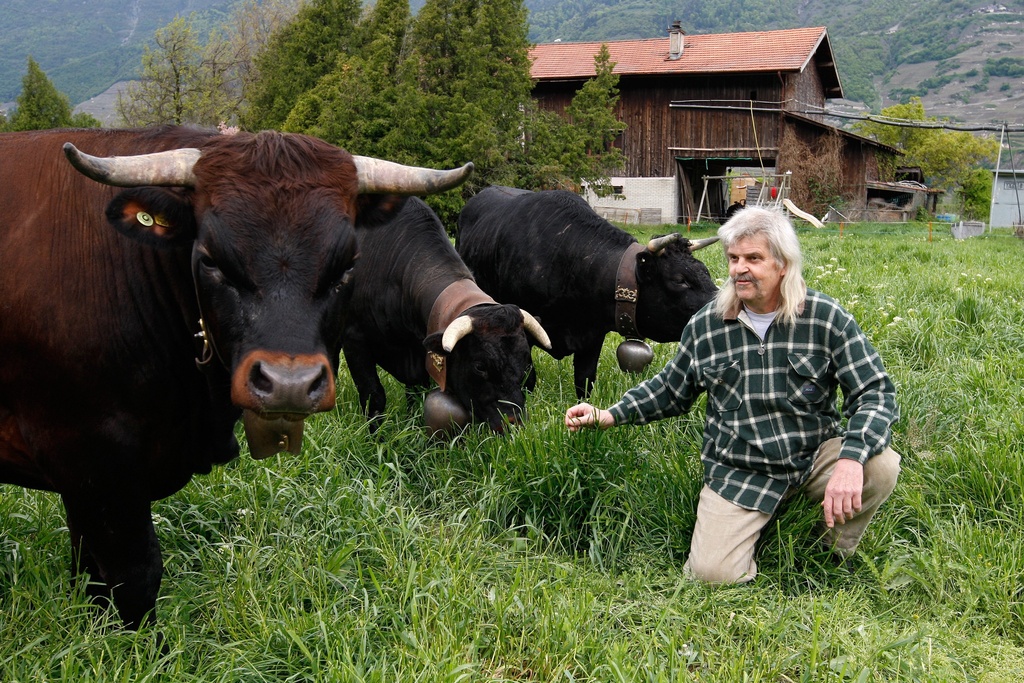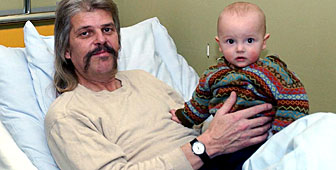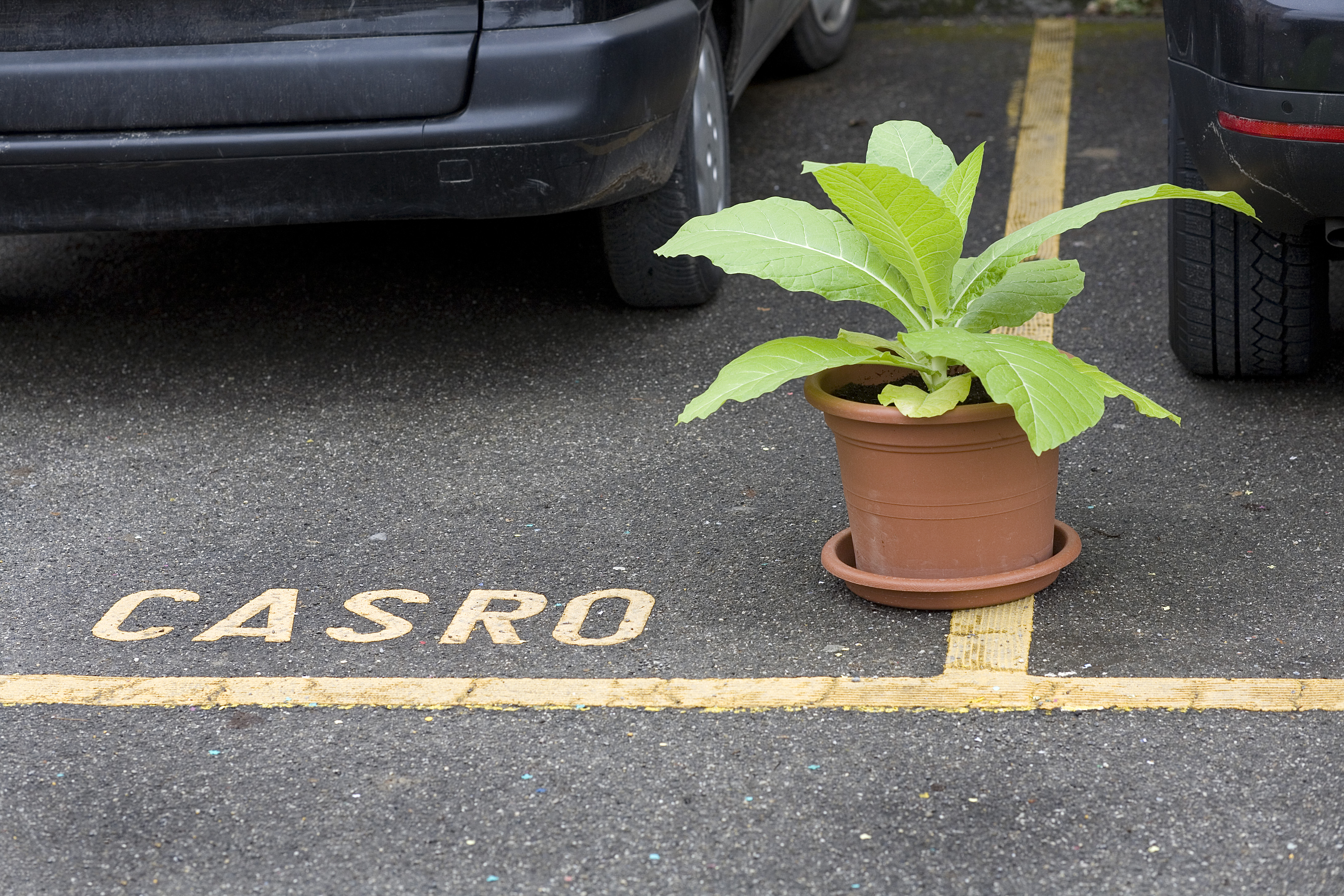A hunger strike divides Switzerland

Imprisoned cannabis farmer Bernard Rappaz has been on hunger strike for more than 80 days in protest at a prison sentence he considers too high.
Doctors have refused orders from the authorities to force feed him, turning the case into a modern Greek tragedy, one Swiss newspaper, the Tages-Anzeiger, wrote last week.
In the latest twist to the story, on Tuesday the Federal Court rejected Rappaz’ appeal for his imprisonment to be suspended.
Across Switzerland, everyone is talking about the case and what should be done.
Should the state enforce sentences decided by the court at all costs, and therefore refuse to give in to blackmail, or should the principle of protecting life be a priority?
This leads to another delicate question: must doctors feed someone against their will? Medics are clearly opposed, but there is less agreement over the first question.
Rappaz, 57, who is well known as someone who has fought for the legalisation of cannabis, received a prison sentence of five years and eight months for violating the federal drugs law.
He was in hospital after a hunger strike this summer. During this time, Rappaz stated in writing to the Tages-Anzeiger that: “if I were force-fed, it would only prolong the agony… It is better to die than to live upright in bed.”
He was later placed under house arrest before an appeal was rejected, and subsequently returned to prison, but had to be hospitalised again in mid-October as a result of hypoglycemia.
Since he began his latest spell in hospital, he has returned home twice – under supervision – to recover.
“Civil disobedience”
But as in Bern, Geneva doctors are refusing to feed the prisoner against his will, despite a new order from the justice authorities in canton Valais at the end of last week.
According to a criminal law professor at Zurich University, Christian Schwarzenegger, “the doctors are performing civil disobedience in a way. Under Article 292 of the Penal Code on insubordination, judges should prosecute any doctors refusing to force feed Rappaz…”
While many prominent local figures are supporting Rappaz’s stand, including the former director of the Federal Environment Office, Philippe Roch, and sociologist Gabriel Bender, there are many ordinary citizens – particularly in the cannabis grower’s home canton of Valais – who think the issue has taken society hostage.
“We could possibly speak of coercion in the criminal sense,” said Schwarzenegger. “It has put pressure on the cantonal minister, Esther Kalbermatten-Waeber, who is responsible for prison affairs, and charges could be laid because of that.
“But at the same time, the hunger striker is hurting only one person: himself. Every human being has the right to do himself harm. This is not, in itself, a constraint. In addition, the hunger strike is not directly a way of taking your own life. It’s a rarely used method to get something from the authorities.”
But some hunger strikers do die. There were ten Irish Republican Army (IRA) members in Northern Ireland who ended their lives this way in 1981. And a dissident died in Cuba last February.
No choice?
According to Schwarzenegger, the Geneva medics’ appeal – still to be filed – will leave the Federal Court with no choice but to order an end of detention. “In August, the tribunal made clear that protecting human life was more important than carrying out sentences.”
“But the court obviously thought or hoped that doctors would force feed him,” continued Schwarzenegger. “In the same ruling it said if this was not possible, then the sentencing should not be carried out in order to protect the person.”
“If the Federal Court were to rule differently today than it did in August, then the situation would be unprecedented and very difficult from the standpoint of the rule of law…” the professor said.
Micheline Calmy-Rey, a cabinet minister from Geneva, has weighed in on the debate, saying it was an “intolerable human situation but at the same time one is powerless [to act]”. Speaking to French-language radio, she said force feeding Rappaz was “dangerous” but at the same time “prison is no place to die”.
The parliament in canton Valais must take a decision on Thursday on Rappaz’s plea for clemency. But no one in the canton is betting that he will win.
Rappaz has campaigned for the legalisation of growing hemp and its consumption in Switzerland.
Valais police in 2001 confiscated 51 tons of hemp from him, with a value of about SFr40 million ($38 million).
He was sentenced in canton Valais in November 2008 to five years and eight months imprisonment after being convicted of serious violation of the narcotics law.
Rappaz began his punishment in March this year but his sentence was temporarily suspended on medical grounds after he went on hunger strike.
He was imprisoned two weeks later and began another hunger strike. Rappaz says he is willing to continue his strike until he dies.
He was transferred forcibly from a Geneva hospital to Bern’s Insel hospital on July 12.
He ended his two month hunger strike on July 21 after officials agreed to let him serve time under house arrest.
Shortly afterwards he was charge with other offences, including falsifying documents, money laundering and issues relating to social benefits.
He was returned to prison at the end of August after the Federal Court rejected his appeal that his sentence should be suspended until his request for clemency was dealt with by the Valais parliament in November.
Back in prison he resumed his hunger strike; after 51 days he was taken to hospital in the capital of Valais, Sion, where doctors refused to force-feed him.
He was subsequently transferred to Geneva, where the doctors also refused to force-feed him.
The Valais parliament is to make its decision on his plea for clemency on November 18.
According to a survey of 500 people in French-speaking Switzerland by the Tribune de Genève newspaper, a majority of respondents (65.2%) said they were opposed to force feeding.
A similar proportion (64%), however, were against Rappaz’s release on humanitarian grounds. The figure was 83.6% among respondents in canton Valais.
There were very divided opinions as to whether prisoners should be allowed to die (45.6% yes against 42.6% no).
(Translated from French by Dale Bechtel)

In compliance with the JTI standards
More: SWI swissinfo.ch certified by the Journalism Trust Initiative



You can find an overview of ongoing debates with our journalists here. Please join us!
If you want to start a conversation about a topic raised in this article or want to report factual errors, email us at english@swissinfo.ch.